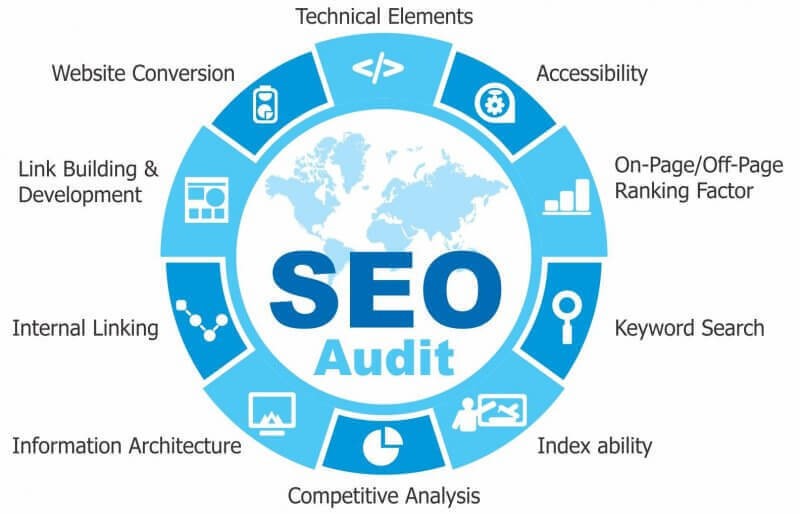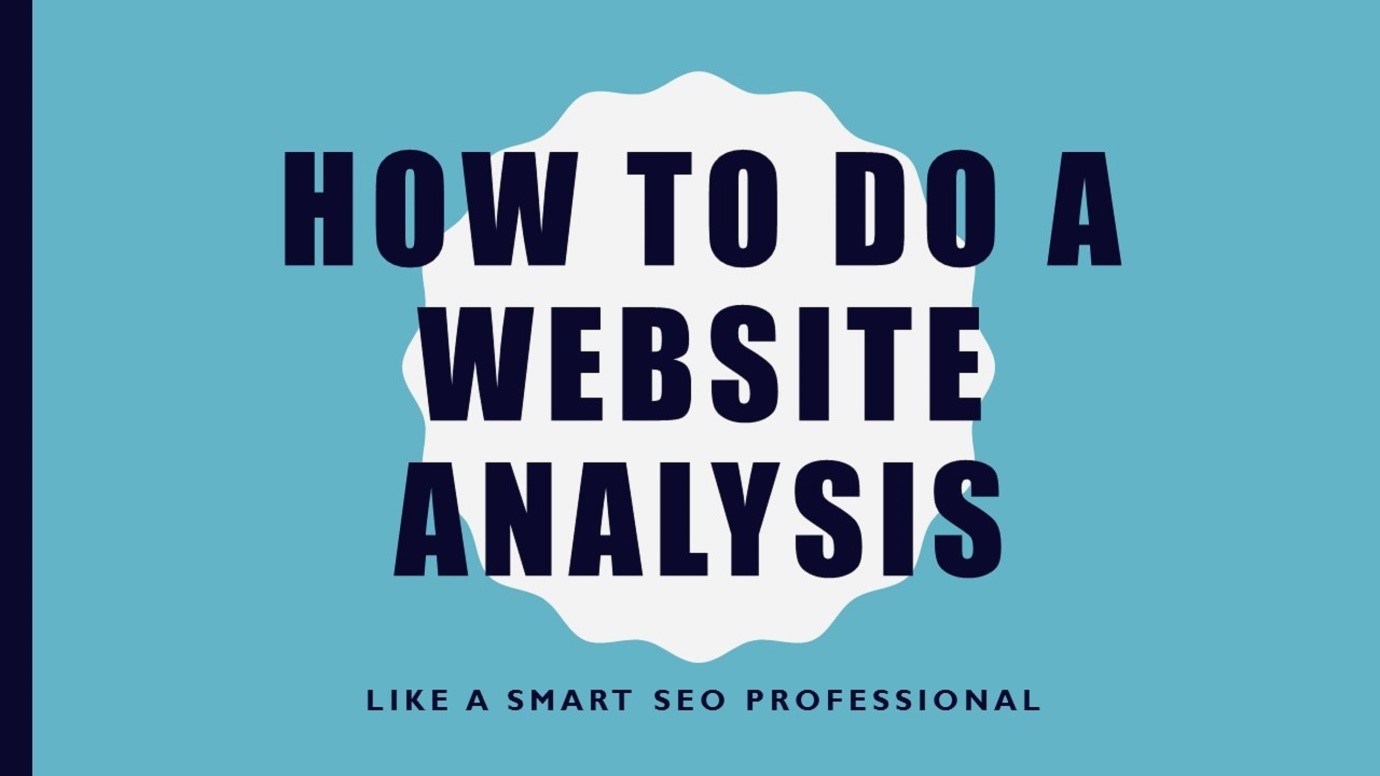What is An SEO Audit?
This is a process used to evaluate and determine how optimized a site is for search engines.
An SEO audit will help identify (if any), issues that may be affecting how easily search engine crawlers can access your site and the information on it. You may want to read more via this link: https://en.wikipedia.org/wiki/Website_audit
SEO Audit: Knowing How SEO Optimized Your Site Is Share on XSome of the problems an audit can throw up include:
- Slow site load time.
- Duplicate pages.
- Orphaned pages.
- Non-indexed pages.
- Site code issues.
- Site map issues
- Page keyword competition (keyword cannibalization).
- Duplicate meta-data
- Duplicate content.
- Broken links.
And many other such issues.
As you would expect, the purpose of the audit is to show these problems so you can fix them.
Watch the Video or Read the Full Article Below
When Does Your Site Need an Audit?
An SEO audit is much like a medical check-up. You may decide to have medical check-ups at regular intervals to forestall anything going wrong in your body. This can be the same with a website. SEO audits can be carried out simply to ensure everything is working as it should.
Other than this though, just the same way you will go for a medical check-up if you start feeling some symptoms in your body, which is the same way your site can begin to show symptoms which will be an indication that you need an SEO audit.
Related articles: SEO Strategy: Leverage the Power of Content Marketing to Boost Your SEO Efforts
Here are a few symptoms that can be an indication that your site needs an audit.
Decreased Traffic
If you suddenly begin to notice that your site’s traffic is dropping, it can be an indication that there are some problems. The only way to find these problems would be to carry out an audit.
Stagnated Traffic
As you put efforts into building your site’s traffic, if you notice that nothing you do seems to be having any positive effect then it may be time for an audit to know what is really going on.
Slow Site Loading Speed
If your site appears to be taking so much time to load, it is not good for your SEO efforts and should therefore be addressed.
Other Reasons for an Audit
It’s not always about symptoms. Like we saw above, it could just be a routine check-up. It could also be in response to certain changes or updates to the search engine’s algorithms or guidelines. These may require that some changes be made and an audit will be able to show areas where these changes are required.
There is also the issue of comparing your site with that of your competition to know how you can do better. All of these show just how important an SEO audit is to the continued success of a site.
How Do You Begin a Site Audit?
Before going into a full site audit, it is important to understand the two important outcomes you need at the end of it all. These are:
- A full report on your site’s health. This will give you a full understanding of how well or how badly it is doing. This report should cover every aspect of the site SEO indicators.
- A detailed plan or search engine optimization tips that you can use to fix the problems that were highlighted in 1 above.
You may find that you do not have the technical know-how to handle any of these steps in which case you may be better off hiring an SEO expert. Just in case you want a DIY approach, let’s look at a checklist you can use.
Related articles: SEO Tips: How to Make a Killer SEO Campaign That Really Works
*Note that this will be easier to do on small sites. For larger sites with lots of pages, you may require some special SEO tools to help you get the audit done within a reasonable time frame.
The Checklist
- Unique page titles and optimized title lengths.
- Description tag optimized for length and keyword density.
- Optimized URLs.
- Use of proper heading tags – H1, H2, H3 etc.
- Unique page contents.
- Keyword optimized contents.
- Proper internal linking.
- Use of varied anchor texts for internal linking.
- Optimized images size, description and ALT tag.
- “No follow” tags on comments, external links from untrusted sites, and ad banners.
- Number of ads above the fold.
- Correct use of redirect codes.
- Custom 404 page.
- Broken links.
- Page load speed – home page and other pages.
- Presence of breadcrumb on pages.
- Valid sitemap.
- Correct robot.txt file.
- Site registered with Google analytics.
- Site registered on Bing and Google webmaster tools.
- Functional social media buttons on all pages.
- RSS and newsletter registration option.
- Quality and quantity of inbound links.
This is a pretty long checklist which you can be sure is by no means an exhaustive one. Even this abridged list can be intimidating to the uninitiated. They are however necessary for a full audit of the website.
Download PDF – SEO Audit: Knowing How SEO Optimized Your Site IsConclusion
SEO audit is a process that is required on a regular basis to ensure a website remains continually optimized. It can be very demanding, requiring a lot of SEO know-how not to mention a number of tools that are used to aid this. The easier option for many is to employ the services of experts to handle this process. If however you wish to try a hands-on approach to this, there are a number of materials that you may find helpful. You can find one here.






